February 2023

If you are a farmer who regularly works with tractors and implements, it’s important to know every nut and bolt and what keeps the cogs turning. The same applies to being a member of Grain SA. It’s helpful to understand the workings of our organisation in order to realise what you can expect from them – and what they can expect from you.
There is a close relationship between grain farmer members and the management team doing the day-to-day work in Grain SA’s offices. It is strategically structured as follows:
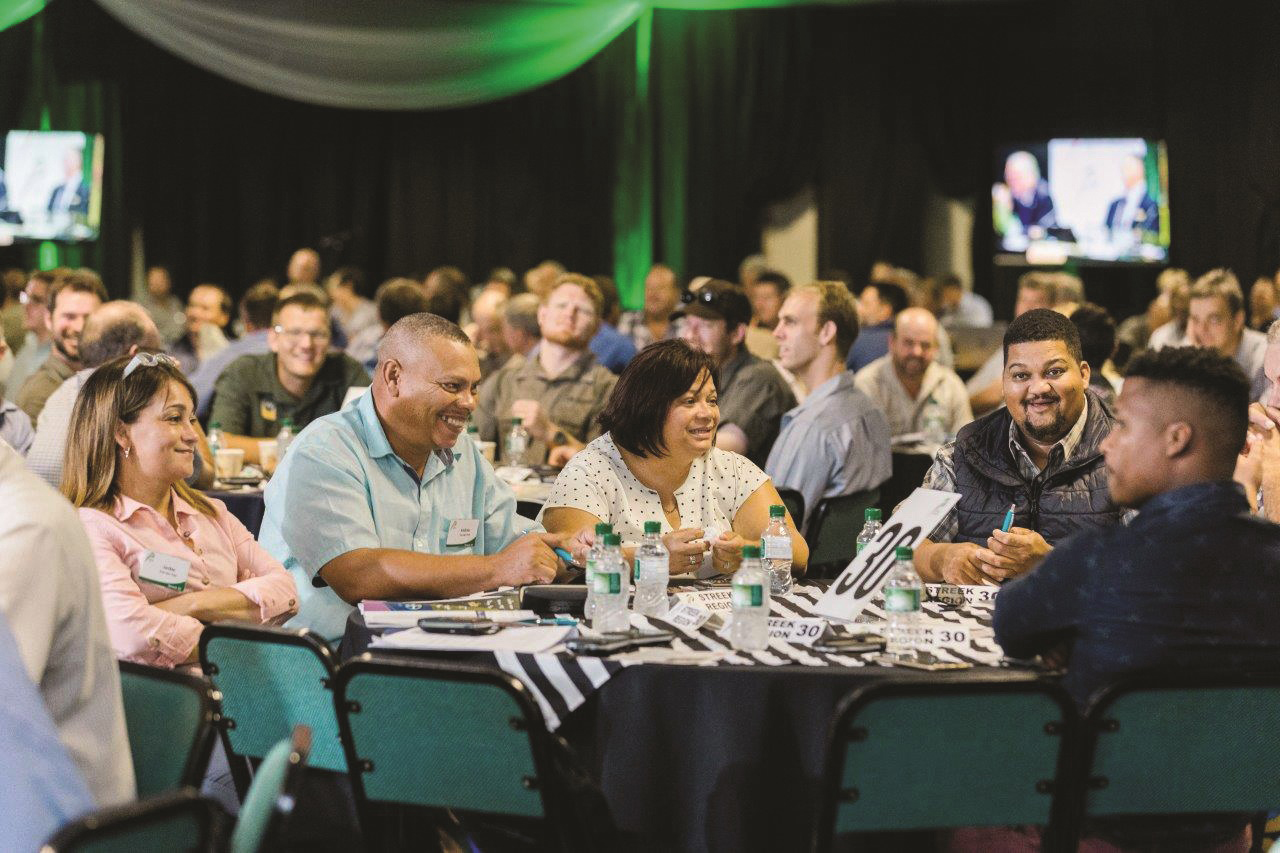
Delegates from the Western Cape at the annual Congress in 2022.
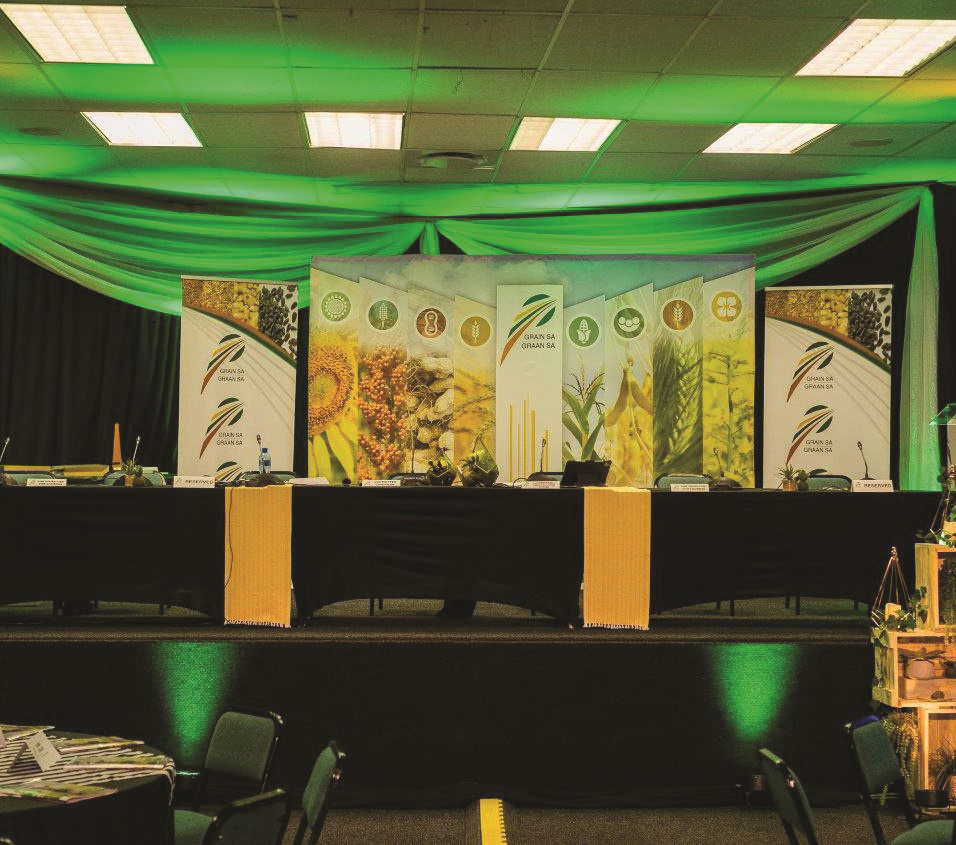
Grain SA’s Congress forms the highest authority of the organisation.
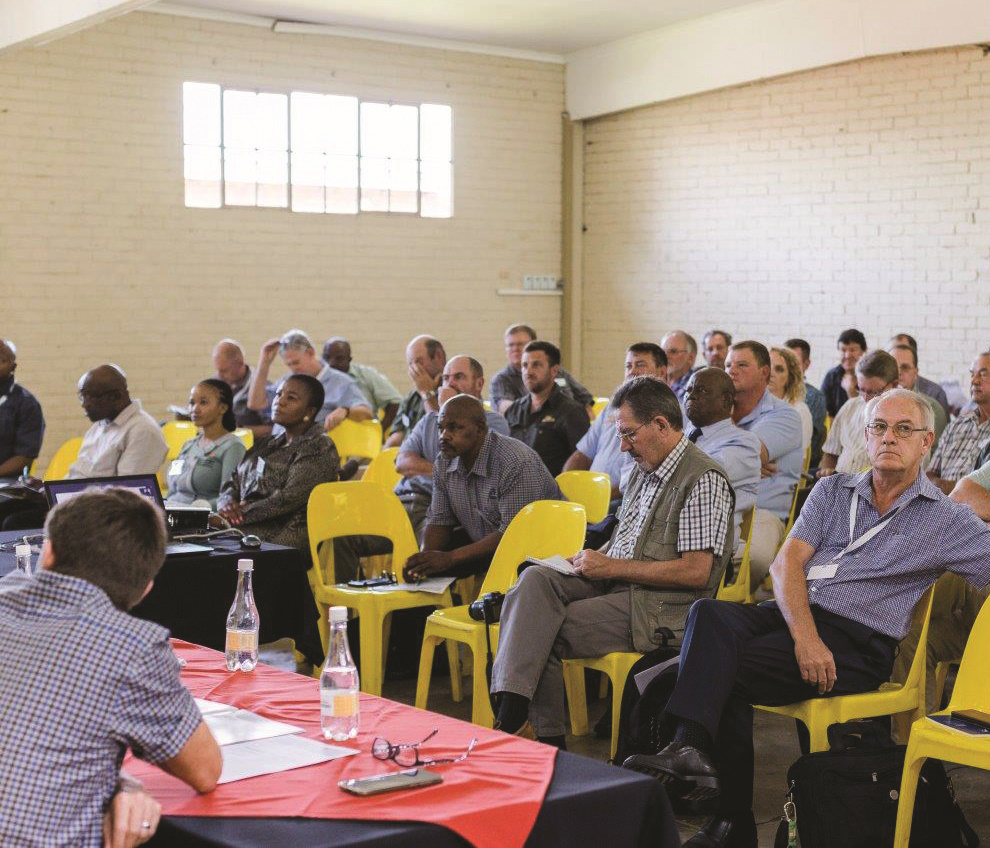
At the working group sessions, matters that can impact crop production are discussed.
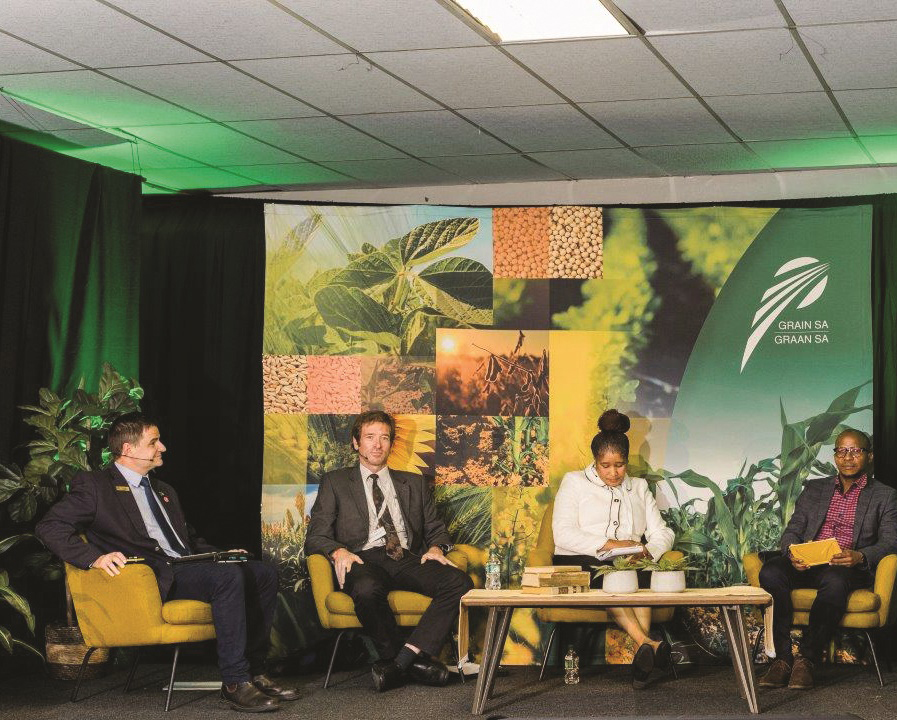
Panel discussions form part of the congress programme.
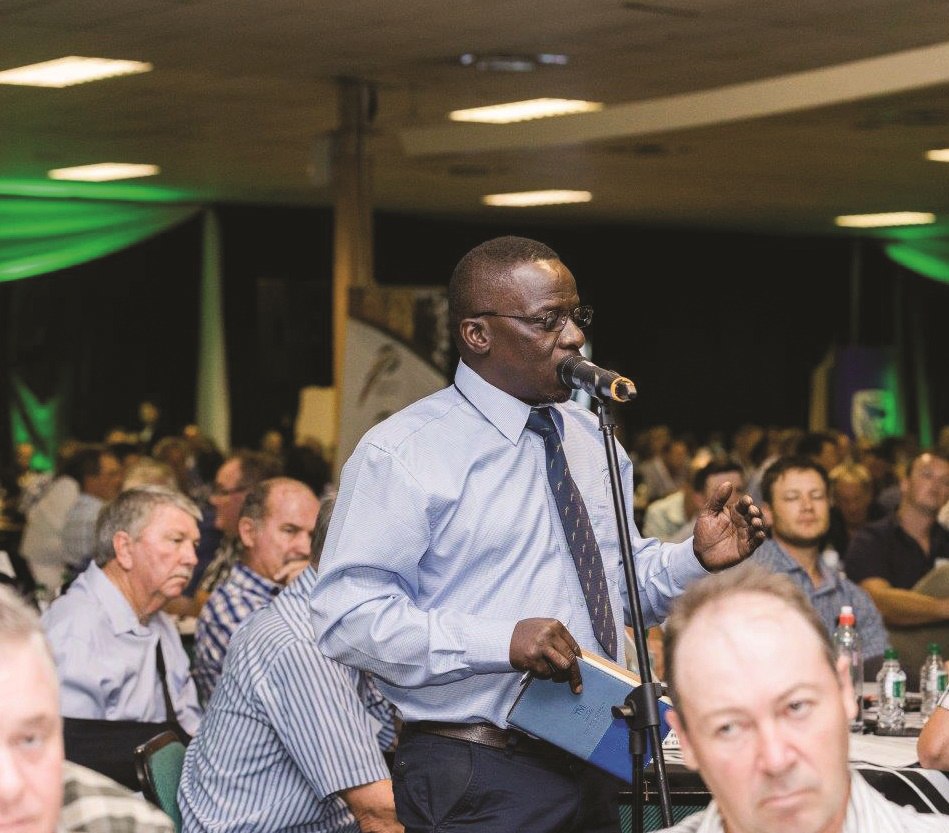
A member of the Executive, Thomas Sibiya, was the voice of the farmers of Region 29 at the 2022 Congress.
Farmers have long recognised the importance of using experts in the agricultural field to assist them so they can focus on what they do best – grow the grain, keep their farms on course to produce food and contribute towards stabilising rural economies.
This is why so many farmers willingly pay their annual levies to be mem-bers of Grain SA. This dynamic organisation truly keeps its finger on the pulse of all matters influencing the agricultural environment and impacting farming operations. Here are some farmers who have benefitted from the input of the Grain SA experts – regional development coordinators and mentors – in the field.
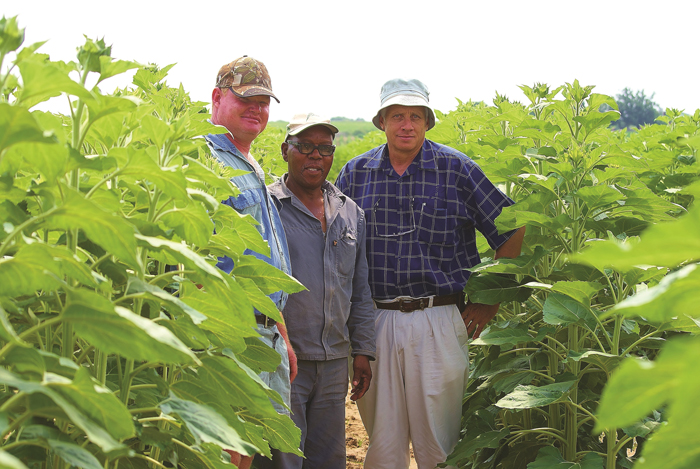
Johan Kriel (on the right), regional development coordinator in the Free State and one of the Free State mentors, looks at the crops of a potential commercial farmer.
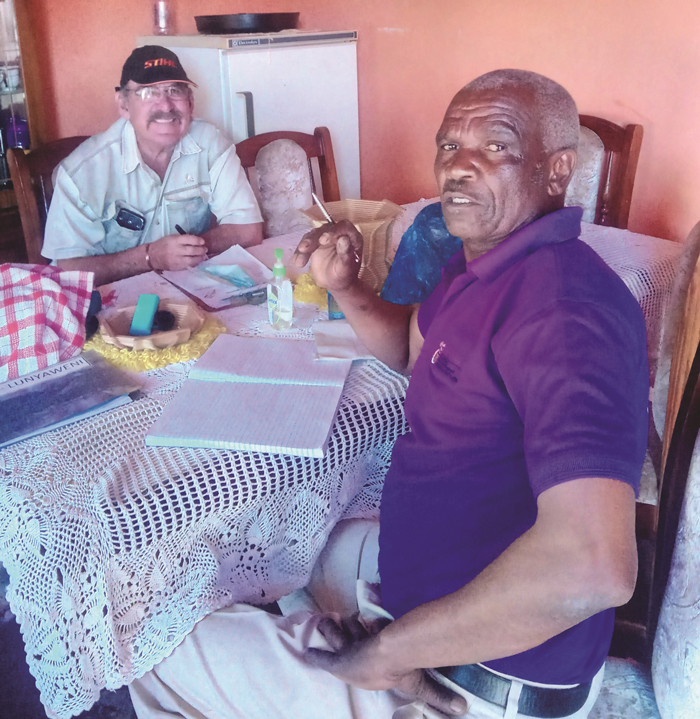
A mentor from the Maclear area helps Sopazi Lunyaweni from the Ugie area with his planning.
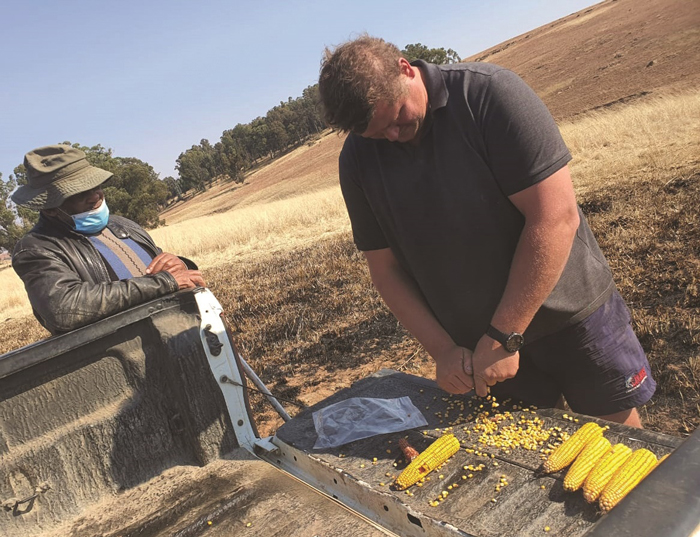
A Grain SA mentor checks the moisture content of farmer Sabasaba’s maize before harvesting takes place.
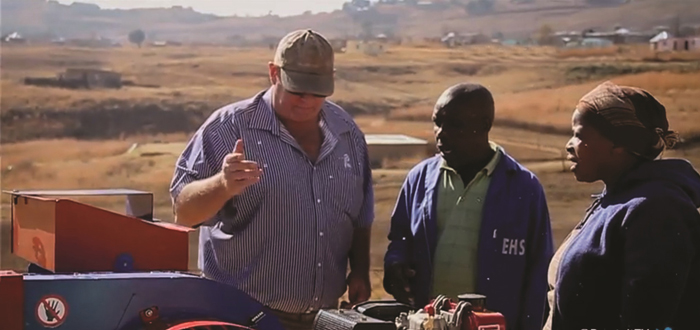
Graeme Engelbrecht, regional development coordinator at the Dundee office, helps farmers with maintenance.
The Farmer Development Programme has evolved over many years into its current status, which now falls under the umbrella of Grain SA, but is in the form of a new Section 18A company, Phahama Grain Phakama (PGP) – which means ‘growth for grain farmers’.
This new non-profit company is solely focused on grain farmer development through training, skills development and mentorship. It also has all the necessary compliances in place that are required by donors. It will focus on bridging the gap between where farmers are now and what is achievable.
The emphasis is on the commercialisation of new era producers, who will be supported towards achieving the best yields possible from the land available to them – using technology and current best practices – and so find they are positioned to contribute to national food production. At the same time, the existing support services to subsistence farmers and smallholders will remain in place since household food security and enterprise development remain priorities of the organisation.
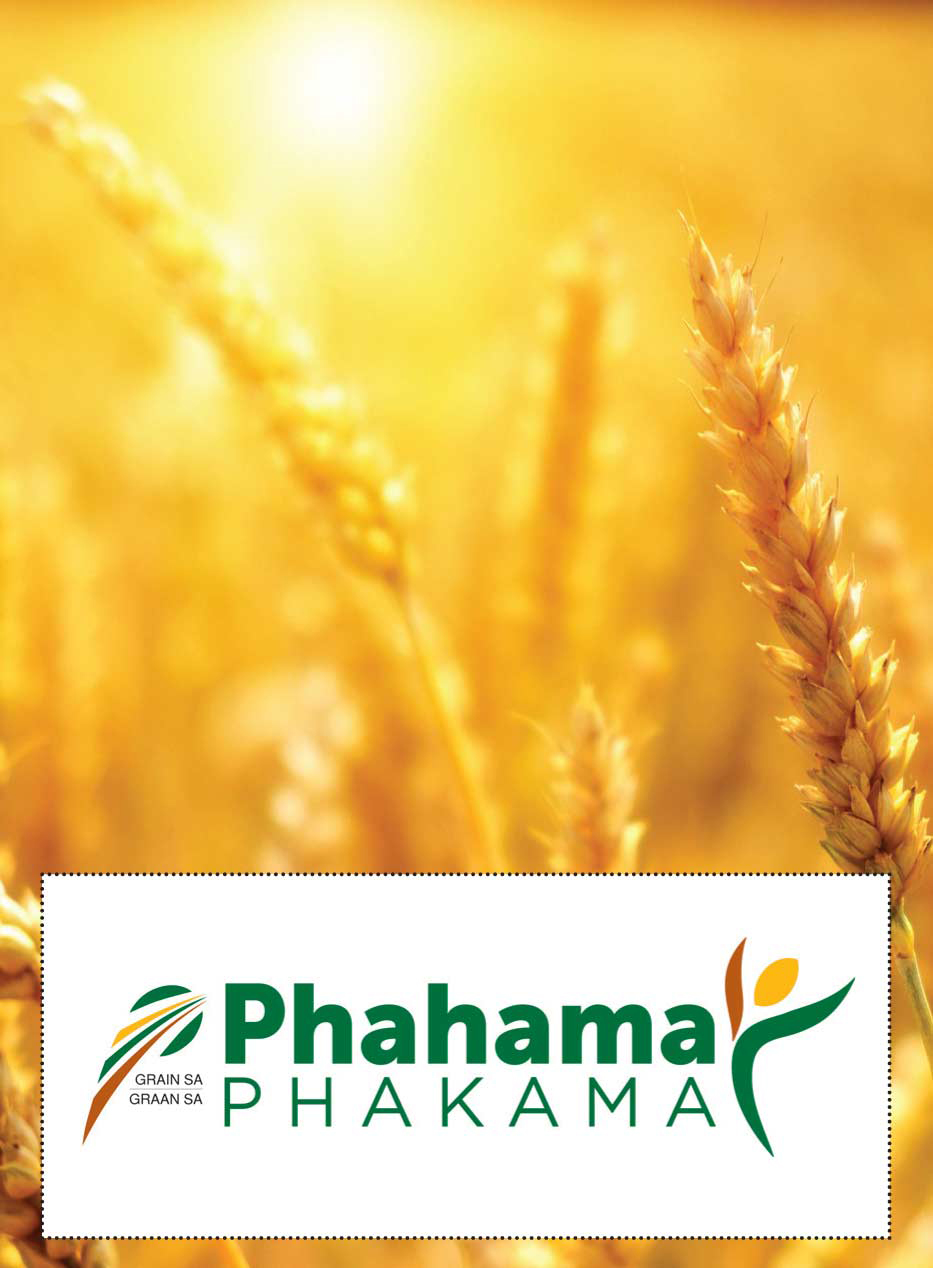
Publication: February 2023
Section: Pula/Imvula